The Bible Savvy Series is a four-book series by Jim Nicodem that lays a strong foundation to study, interpret, and apply the Bible.
The series consists of four books: Epic: The Storyline of the Bible, Foundation: The Trustworthiness of the Bible, Context: How to Understand the Bible, and Walk: How to Apply the Bible. Each book contains a study guide for each chapter in the book. The study guides are great for small group study.
Epic: The Storyline of the Bible
Epic shows how the Bible is a complete story that focuses on single main theme of redemption. It starts by talking about what the Bible is and then gives a quick overview of the Bible from Genesis to Revelation.
It’s hard to cover the entire Bible in just one small book. Nicodem spends too much time talking about things that are outside the Bible- such as TV shows, nativity statistics, and just stories in general.
Foundation: The Trustworthiness of the Bible
Foundation shows how the Bible is the Word of God and not just a man-made book. It shows that the Bible is accurate and trustworthy.
This book needed some footnotes for further study. There are lots of archaeological evidences given to help show the Bible is the Word of God, but there are no references given to show where the information came from.
Context: How to Understand the Bible
Context gives rules for interpretation of Scripture.
Some of the advice could be a little better. For example, Nicodem makes the comment, “But you don’t need to pay attention to multiple definitions of a word that you are studying. Simply select the single definition that fits its setting best.” Here’s where I would recommend using study tools such as lexicons, dictionaries, and the original languages to help determine the best definition to choose. It’s not very wise to choose pick a definition you think might fit the best.
Walk: How to Apply the Bible
Walk focuses on application. It shows how to use the themes and teachings in the Bible to apply to your life.
The Bible Savvy Series is a good introduction for small groups, classes, and personal study to show the Bible is the Word of God, how to study, and how to apply it.
Conclusion
The series does cover some good material. Overall I thought there was too much time wasted on things that didn’t pertain to the Bible. It was too conversational. The author talked about TV shows, movies, etc., and gave too many stories for comparisons with Biblical events. As with any book that includes doctrine, I caution readers to do their own study as there are several theological points that can be interpreted with other points of view. The series is well written and easy to read and follow, it just needed to stay focused on the Bible.
Moody Publishers provided these books free for review. I was not required to give a positive review- only an honest review.

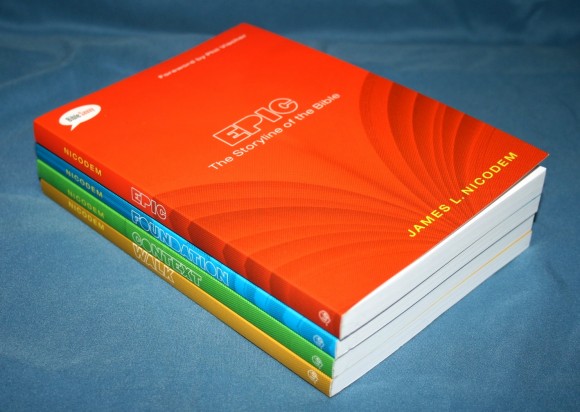
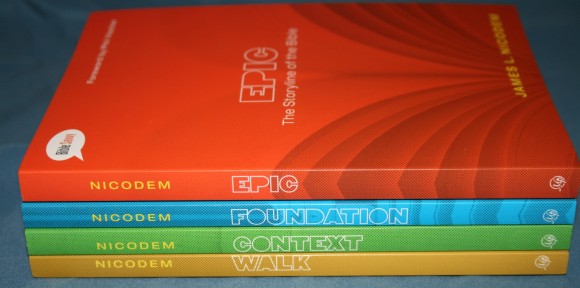
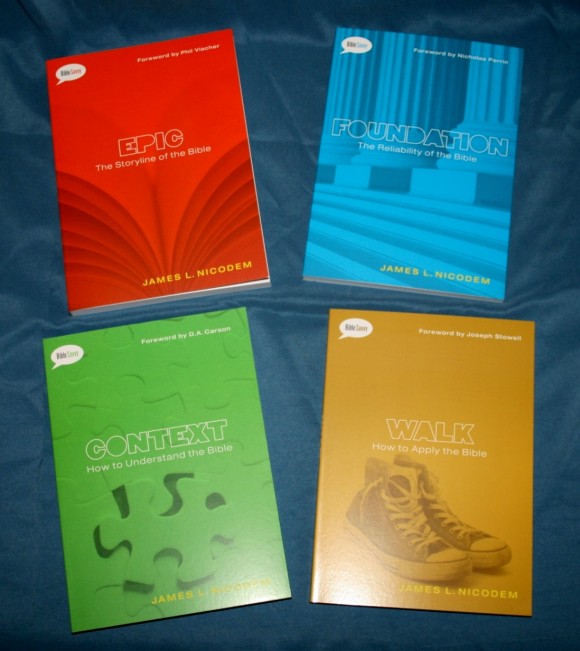

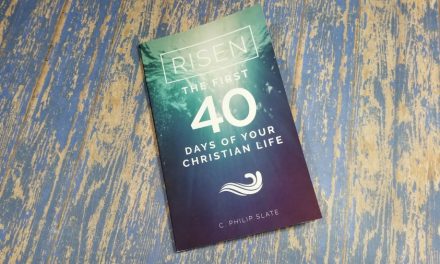


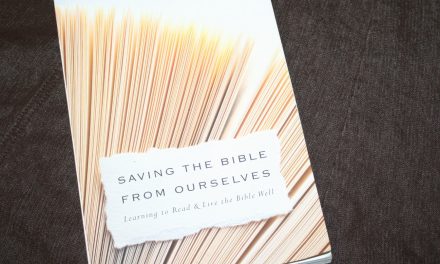
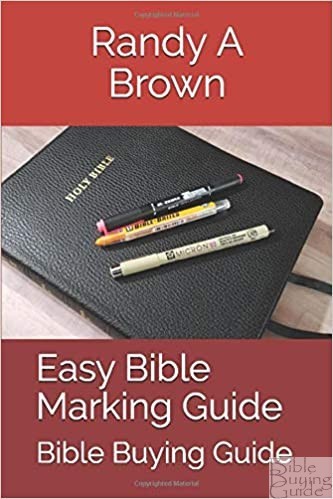
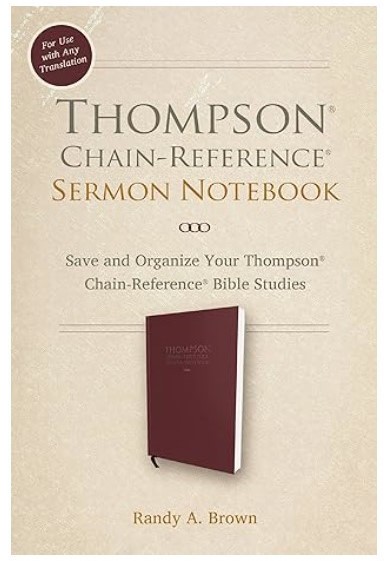
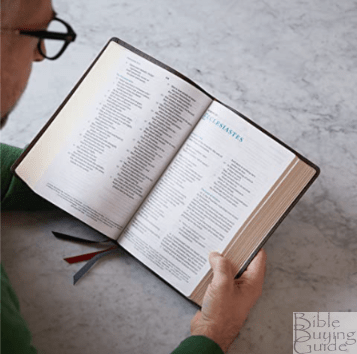


Dear Randy:
I agree about the context for meaning comments you have made. Ultimately one must use context for meaning, but it is only one tool for comprehension. Decoding text is something we teachers try to get our students competent in. I’ve found context very important, usually if one keeps reading, or re-reads the part containing the questioned words, every thing comes clear. Having said that however, a dictionary, a thesaurus or other research source is absolutely necessary. Perhaps the best context tool is a good concordance, reading the same word in a variety of different contexts (verses) is one of the best ways to understand any given word. To suggest however that just using the most appropriate or obvious meaning is the best way to understand a given word or passage could lead to problems in understanding. Comprehension, decoding, and other skills all need to be taught. Reading is a complex skill that takes lots and lots of practice. Not using all available tools in mastering this skill is foolish.
Don